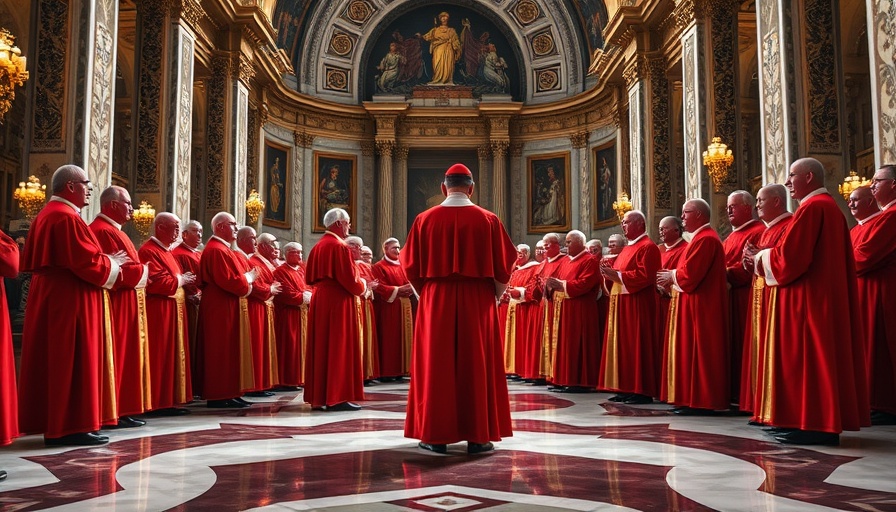
The Shifting Landscape of the Catholic Church
The future of the Catholic Church has become a contentious topic, marked more by cultural and social dynamics than by theological debates alone. In an era where societal expectations and advancements influence traditional institutions, the Church is facing a pivotal moment where its direction is no longer strictly dictated by doctrine but increasingly swayed by the desires and needs of its congregation.
Why Values and Perspectives Matter More Than Doctrine
While the foundational tenets of Christianity remain crucial, the practicality of these beliefs is coming under scrutiny from believers who prioritize communal values over rigid adherence to doctrine. Today’s followers are advocating for a Church that acknowledges the realities of modern life, including issues surrounding gender equality, marriage for all, and a more active role for women within the religious hierarchy. This generation seeks engagement and connection, resulting in a landscape where values dictate action more than scripture alone.
Engagement Through Social Responsibility
As we turn our gaze to the relevance of the Church today, it’s essential to recognize how social responsibility has become a hallmark of modern faith. Parishes are increasingly involved in community matters, from sustainability initiatives to addressing homelessness. These acts resonate deeply with a congregation looking for action, not just words; it highlights the Church's role as an influential leader in moral and ethical discussions.
The Role of Technology and Digital Transformation
Interestingly, the rise of digital platforms has significantly altered how religious institutions connect with their followers. The availability of online streaming for services and virtual communities allows believers to engage with their faith from anywhere in the world, expanding the Church's reach beyond physical boundaries. Simultaneously, it creates a space for inclusive dialogue, enabling diverse voices to share their experiences and interpretations of faith in a much more dynamic way than traditional pews have allowed.
Looking Ahead: Predictions for the Catholic Church’s Path
As the Catholic community continues to advocate for change, it is essential for the Church’s leadership to navigate these conversations thoughtfully. Engaging with these evolving dynamics may pave the way for a future where faith is intertwined with active participation in social justice and moral leadership.
Conclusion: A Call to Embrace Change
As the Catholic Church stands at a crossroads, it must acknowledge the voices calling for change within its walls. Whether through addressing contemporary issues like sustainability or the need for a more inclusive Church structure, the path forward hinges on embracing these dynamics. Empowered congregations can reshape how the legacy of one of the world’s oldest institutions thrives in a modern context. The question remains: will the Church respond to the call for transformation, or will it hold steadfast in tradition?
 Add Row
Add Row  Add
Add 



Write A Comment